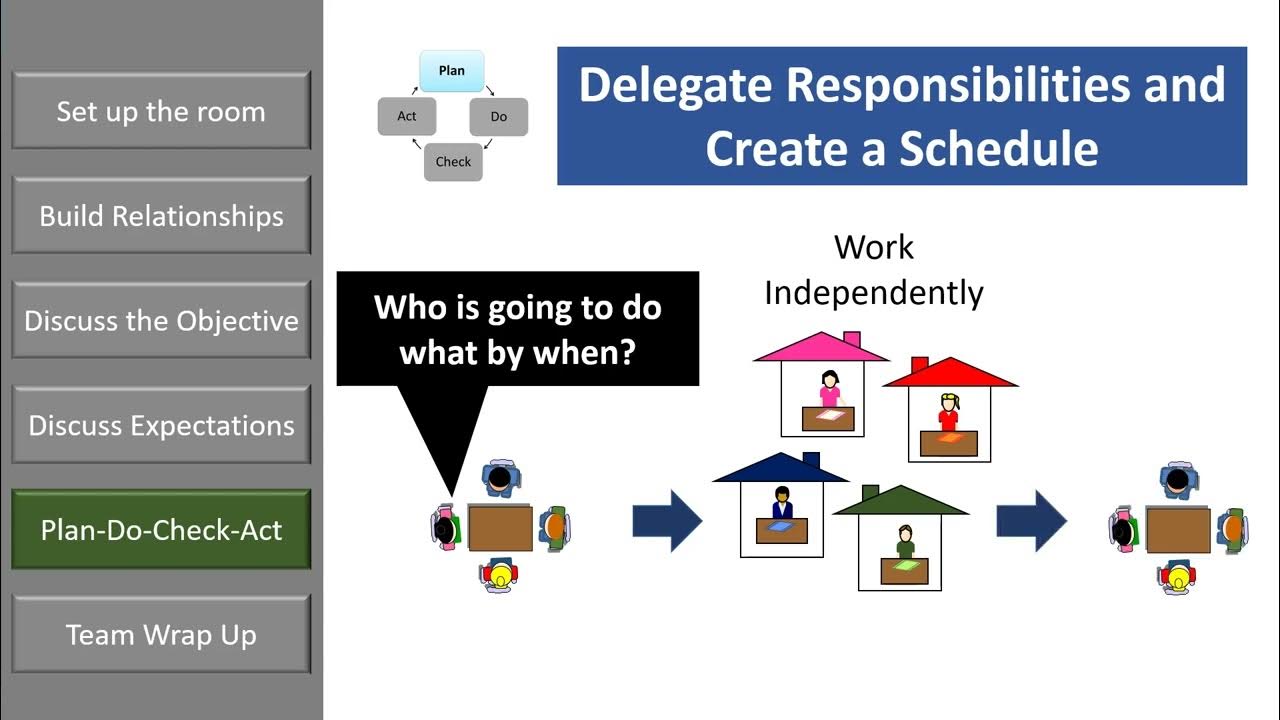Panorama Ipea - Politica Nacional de Participação Social
Summary
TLDRThis discussion focuses on enhancing public participation in decision-making processes in Brazil. Experts emphasize the importance of diverse platforms such as councils, conferences, public hearings, and digital spaces for citizens to engage in politics. They highlight the role of social media in facilitating citizen organization and the need for better media coverage of these participatory events. Additionally, the conversation underscores the potential of the internet and digital tools to create more collective, interactive democratic experiences, aiming for more inclusive and effective participation in governance.
Takeaways
- 😀 The Brazilian government's decree aims to expand social participation in decision-making through various platforms, such as councils, conferences, and public hearings.
- 😀 Social media has become a powerful tool for organizing and mobilizing citizens who previously lacked ways to engage in political discussions.
- 😀 The media coverage of participatory events and spaces is limited, reducing the public's awareness and engagement with important debates and conferences.
- 😀 There is a need for a greater connection between communication channels and public participation to ensure wider reach and engagement.
- 😀 While new spaces for participation are valuable, revitalizing existing ones is seen as a more important step for effective social engagement.
- 😀 The internet holds great potential for fostering direct and collective democratic participation, moving beyond individual expression through social media.
- 😀 Online platforms offer opportunities for collective interaction that were inconceivable in the past, opening new possibilities for civic engagement.
- 😀 Conferences, debates, and dialogues are important for deepening democratic processes, but they often lack sufficient media coverage and recognition.
- 😀 The decree recognizes the importance of virtual participation spaces, which are crucial in today's digital age for engaging a wider audience.
- 😀 Social media allows for a new type of direct democracy, but it must be used carefully to avoid isolating individuals in isolated, individualistic expressions of opinion.
- 😀 The conversation highlights the need for continual exploration and adaptation of digital spaces to better serve participatory democracy.
Q & A
What is the primary goal of the new decree discussed in the script?
-The primary goal of the new decree is to increase and diversify opportunities for social participation in decision-making processes in Brazil. This includes establishing various channels such as councils, conferences, dialogue tables, ombudsmen, public consultations, public hearings, and virtual spaces.
How does Roberto suggest improving social participation in Brazil?
-Roberto suggests that the government should be proactive in mobilizing citizens and creating opportunities for participation. He emphasizes the need for a stronger connection with media coverage of participatory events, as these are often underreported or not covered at all.
Why does Roberto stress the importance of media coverage in participatory events?
-Roberto believes that better media coverage of participatory events, such as conferences and public hearings, would increase public awareness and engagement. Currently, such events often go unnoticed in mainstream media, limiting their reach and impact.
What role do social media and the internet play in increasing citizen engagement, according to Roberto?
-Roberto highlights that social media and the internet provide new opportunities for citizen engagement and mobilization. These platforms allow citizens to discuss and organize political actions in ways that were previously difficult or impossible.
What is the professor’s view on creating new spaces for social participation?
-The professor believes that the focus should not be on creating new spaces for participation but on revitalizing and improving existing ones. She suggests that the internet, with its potential for collective interaction, can be an essential tool in enhancing participatory democracy.
How does the professor see the role of the internet in participatory democracy?
-The professor views the internet as a key factor in enabling collective interaction and democracy. While the internet has allowed for individual expression of opinions, it also creates new opportunities for collective decision-making and political engagement, which were previously inconceivable.
What concern does the professor have about direct democracy through the internet?
-The professor acknowledges that internet voting and other forms of direct democracy can be overly individualized, potentially reducing collective engagement. She suggests that the future lies in creating more collective, interactive forms of online participation.
How does the decree aim to address the challenges of social participation?
-The decree seeks to expand and diversify the ways in which citizens can participate in decision-making processes, including the establishment of various participatory spaces such as conferences, public hearings, and virtual platforms. This offers more opportunities for engagement and discussion.
What type of participation opportunities does the decree prioritize?
-The decree prioritizes a wide range of participatory opportunities, such as councils, conferences, dialogue tables, consultations, public hearings, and virtual spaces. It aims to ensure that these forms of participation are accessible and effective in bringing citizens into the decision-making process.
Why does the professor believe that existing participatory spaces need revitalization?
-The professor believes that existing participatory spaces are underutilized and that there is a need to make them more vital and effective. She suggests that simply creating new spaces is not the solution; instead, the focus should be on enhancing the function and impact of those already in place.
Outlines

This section is available to paid users only. Please upgrade to access this part.
Upgrade NowMindmap

This section is available to paid users only. Please upgrade to access this part.
Upgrade NowKeywords

This section is available to paid users only. Please upgrade to access this part.
Upgrade NowHighlights

This section is available to paid users only. Please upgrade to access this part.
Upgrade NowTranscripts

This section is available to paid users only. Please upgrade to access this part.
Upgrade NowBrowse More Related Video

AGÊNCIAS REGULADORAS

Governments advance towards E-Participation: What is it?

Meningkatkan Proses Pengambilan Keputusan | Denda R Hinata

Developing Good Habits for Working in Teams (Part 2)

CONTABILIDADE PÚBLICA PARA CONCURSOS - AULA 02 - PARTE 01/03 - NOÇÕES DE PCASP

Pengabaian Kepentingan Publik: Penjelasan, Contoh dan Solusi
5.0 / 5 (0 votes)